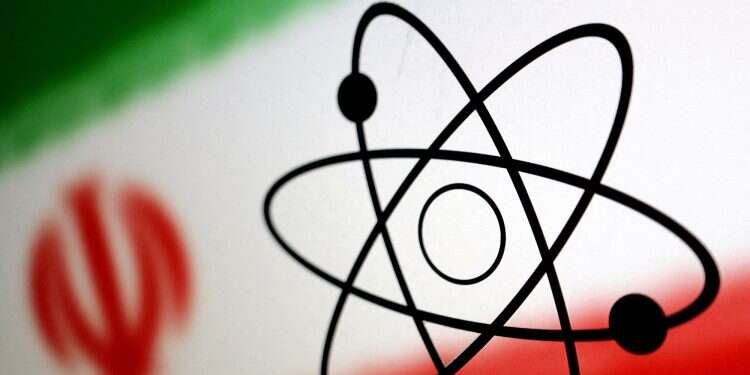After months of meetings and with a European deadline looming, the Islamic Republic of Iran has submitted its response to a final draft for a new nuclear deal between Tehran and western powers.
Follow Israel Hayom on Facebook, Twitter, and Instagram
A signal that Iran appears to be treating the matter seriously came when Iran's Supreme National Security Council met to formulate its response to the EU proposal. According to a report by Noor News, Iranian President Ebrahim Raisi attened the meeting, as did Deputy Foreign Minister Ali Bakri Kani, who has been representing Iran at the nuclear talks.
Bakri Kani reportedly told the council that "The main focus of the Iranian team's negotiations was to put an end to political claims of prohibited [nuclear] activity – investigations by the IAEA into the military nuclear case – and to secure assurances about the economic benefits of the deal."
Iran's state-run IRNA news agency offered no details on the substance of it response, but suggested that Tehran still wouldn't take the European Union-mediated proposal, despite warnings there would be no more negotiations.
"The differences are on three issues, in which the United States has expressed its verbal flexibility in two cases, but it should be included in the text," the IRNA report said. "The third issue is related to guaranteeing the continuation of (the deal), which depends on the realism of the United States."
"There are three issues that if resolved, we can reach an agreement in the coming days," Iranian Foreign Minister Hossein Amirabdollahian said earlier on Monday, suggesting Tehran's response would not be a final acceptance or rejection.
"We have told them that our red lines should be respected ... We have shown enough flexibility ... We do not want to reach a deal that after 40 days, two months or three months fails to be materialized on the ground."
State Department spokesman Ned Price said the US would share its own response to the EU.
"We do agree, however, with (the EU's) fundamental point, and that is that what could be negotiated has been negotiated," Price said.
He added that Iran had been making "unacceptable demands" going beyond the text of the 2015 nuclear deal, which saw Iran drastically limit its enrichment of uranium in exchange for the lifting of economic sanctions.
"If Iran wants these sanctions lifted, they will need to alter their underlying conduct," Price said. "They will need to change the dangerous activities that gave rise to these sanctions in the first place."
There was no immediate acknowledgment from the EU that Iran submitted its response. The EU has been the go-between in the indirect talks.
Subscribe to Israel Hayom's daily newsletter and never miss our top stories!




